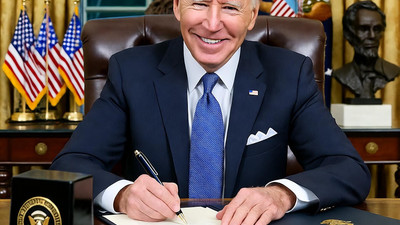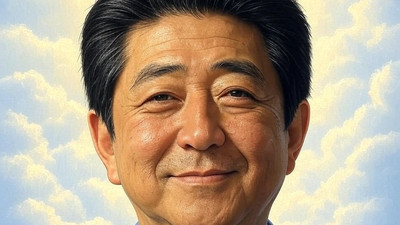Claim: Trump Was Right About Everything
The assertion that Donald Trump was right about everything is a highly subjective view, polarizing public opinion. From an economic perspective, Trump's supporters laud his policies for contributing to a pre-COVID economic boom, characterized by low unemployment and a soaring stock market. They credit his tax cuts for stimulating growth and his trade policies for renegotiating deals like the USMCA. However, critics argue that these tax cuts disproportionately benefited the wealthy, leading to increased deficits, and that the economic gains were a continuation of post-2008 recovery rather than solely due to his policies. The trade war with China, while aimed at protecting American industries, is criticized for increasing costs for consumers and businesses.
In terms of foreign policy, Trump's supporters see his decisions, such as withdrawing from the Iran nuclear deal and the Paris Agreement, as putting America first, prioritizing national interests over international consensus. His administration's success in brokering the Abraham Accords is often highlighted as a significant diplomatic achievement. Conversely, critics view his foreign policy as erratic, suggesting that his approach to allies and adversaries alike undermined U.S. global leadership and did little to advance long-term international stability or security. His handling of the COVID-19 pandemic is another contentious area, with some crediting Operation Warp Speed for vaccine development, while others criticize his initial underestimation of the virus and the lack of a cohesive national strategy.
On immigration and judicial appointments, Trump's policies reflect a clear divide. His border security measures, including the wall and the "Remain in Mexico" policy, are seen by supporters as necessary steps to control immigration, while critics decry them as inhumane, particularly the family separations at the border. His judicial appointees, especially to the Supreme Court, are celebrated by conservatives for shifting the balance of power, influencing landmark decisions. However, critics argue these appointments could compromise judicial independence, affecting key legal precedents. In essence, whether Trump was "right about everything" is not a universally accepted claim but rather depends on one's political stance, the specific policies evaluated, and the outcomes one chooses to highlight.









